...
By Martin Dokoupil
HUMENNE, Slovakia, Nijabat Walizada fled the Afghan capital Kabul but was caught trying to enter Slovakia, which is in the process of tightening border controls in preparation for the enlargement of the European Union's border-free Schengen zone.
Sitting in the TV room in the Humenne detention centre in a former army barracks in eastern Slovakia, the 21-year old tells his story:
"I was working as a security guard for the U.N. (United Nations) and UNICEF for $120 a month. It was too little to support my family. I was studying English at school, I needed shoes.
"There is fighting between Taliban (militants) and the Americans and that's why I have escaped. Because of insecurity, everyday explosions.
"The situation is not good and day by day it is getting worse. I could not live in the city, I was afraid. A sudden explosion, and you die.
"My uncle contacted a smuggler in Afghanistan and he contacted someone in Pakistan and then he contacted a smuggler in Poland.
"I paid $8,000 to smugglers, which I borrowed to get to Germany so I have to repay it but I'm sitting here. Unfortunately police caught me at the Slovak border and took a fingerprint.
"I went from Afghanistan by car, by train, by plane. I flew from Pakistan to Poland and crossed the Slovak border. I had a Polish visa but smugglers took my Afghan passport in Poland and they have never given it back to me.
"They (smugglers) took me to near the border by car, then we stayed close to it for two, three, five days.
"There were eight, nine people in a house, three Afghans, then some Indians and Pakistanis. The smugglers put a blanket around our eyes so we could not see anything.
"In the night we crossed the border on foot. They told me you are in Slovakia, near Bratislava, you can go five km on foot and left us there -- but it was 500 km away. They told me now you are in Slovakia, in Europe, you have to pay. So we paid.
"There was a forest. I spent one night in the forest sleeping. I was running in the forest, no food, hungry, we couldn't sleep and walk.
"We were three Afghans in a bus on the way to Bratislava when police caught us, asking for our passports. I said I have no passport and that I'm from Afghanistan. I do not know where they caught us, somewhere near (the eastern Slovak city of) Kosice.
"It is very difficult. I can only watch TV and sleep, Indians and Pakistanis here do not speak the same language. Believe me I can't sleep in the night. When I'm in bed I'm thinking about my family.
"How can I pay the money? I borrowed from someone, believe me. It is very difficult for me. I have no work, dollars. Without a passport I cannot work and support my family.
"Even I can't call, how can I live here? I cannot call my mum to say whether I'm alive.
"I'm the oldest of my family. I have one brother, 16 years old, one sister and mother in Afghanistan and I have to support them but it is very difficult for me when I'm sitting here. How can I support them?
"I am going to tell them (police) at the interview I'm here so if you can't solve my problem then let me go to another country. For me it is no problem to live in Slovakia or Germany. I'm young and I have to study but there is no opportunity here." (Editing by Andrew Dobbie and Sara Ledwith)
Keywords: SCHENGEN/MIGRANTS
[Reuters/Finance.cz]




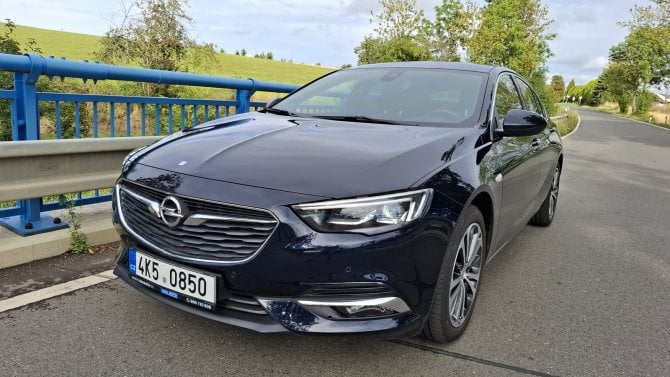 Test ojetiny: Možná se vyplatí nejít automaticky pro Škodu. Opel Insignia II je opomíjenou ojetinou za skvělé peníze
Test ojetiny: Možná se vyplatí nejít automaticky pro Škodu. Opel Insignia II je opomíjenou ojetinou za skvělé peníze
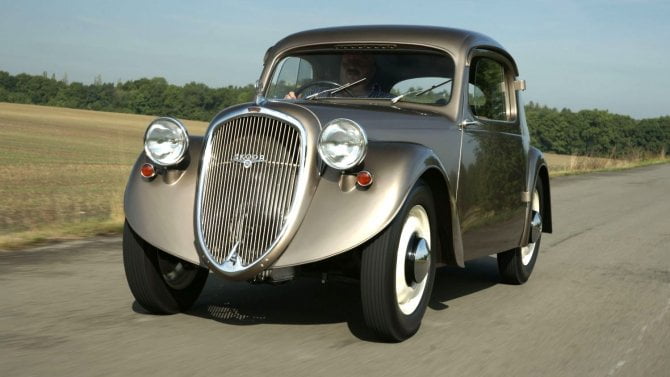 Tohle měla být Škoda pro chudé. Sagitta představovala zajímavý nápad, ale do série se nedostala
Tohle měla být Škoda pro chudé. Sagitta představovala zajímavý nápad, ale do série se nedostala
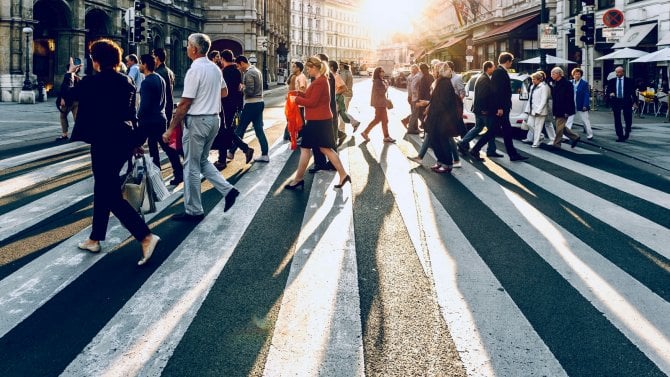 Na Slovensku nově může člověk dostat pokutu za rychlost, pokud poběží na autobus. Po chodníku se teď musí chodit a jezdit nanejvýš 6 km/h
Na Slovensku nově může člověk dostat pokutu za rychlost, pokud poběží na autobus. Po chodníku se teď musí chodit a jezdit nanejvýš 6 km/h
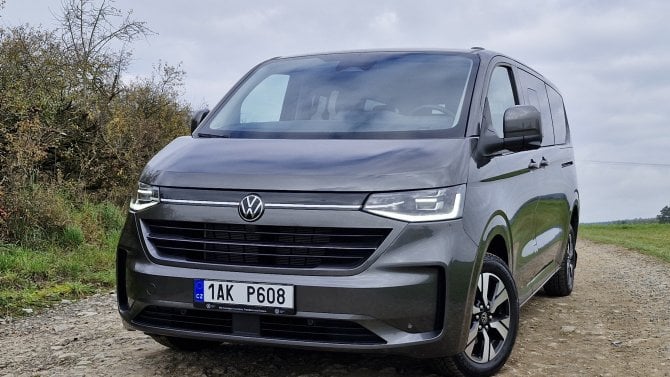 Test Volkswagen Caravelle Long 2.0 TDI 4Motion: Mikrobus do nepohody
Test Volkswagen Caravelle Long 2.0 TDI 4Motion: Mikrobus do nepohody
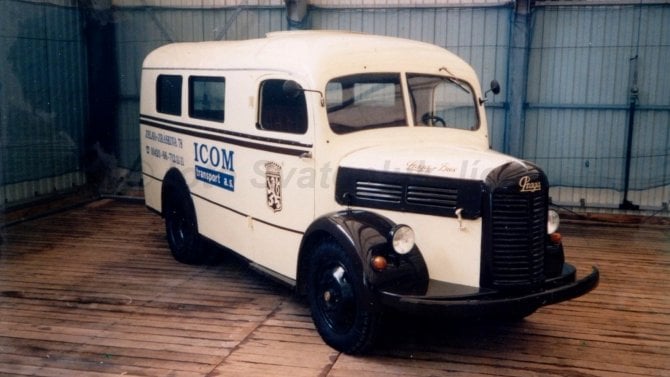 Malý náklaďáček mnoha jmen: Škoda/Aero/Praga (A) 150 byla nedoceněným československým dříčem
Malý náklaďáček mnoha jmen: Škoda/Aero/Praga (A) 150 byla nedoceněným československým dříčem
